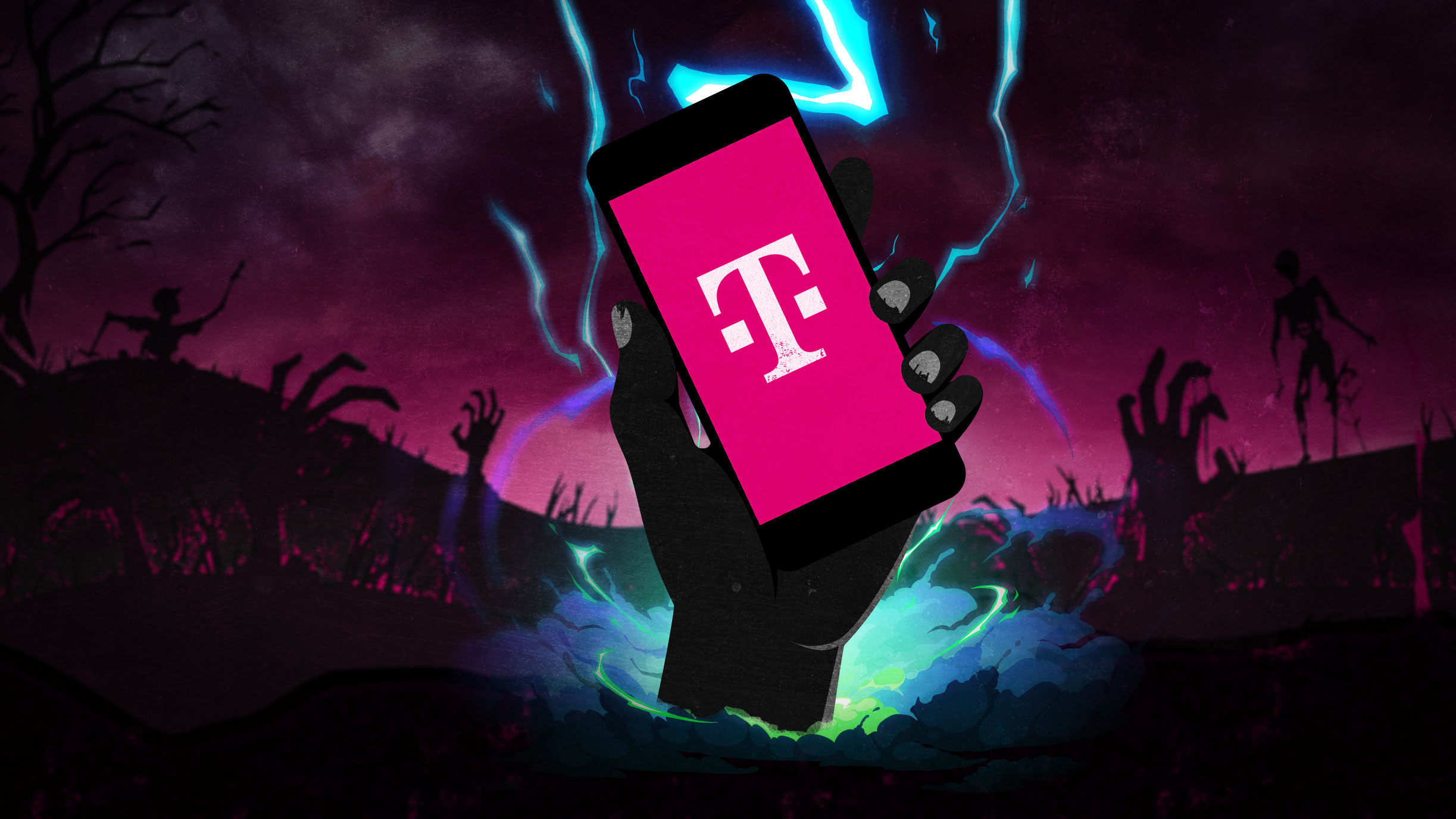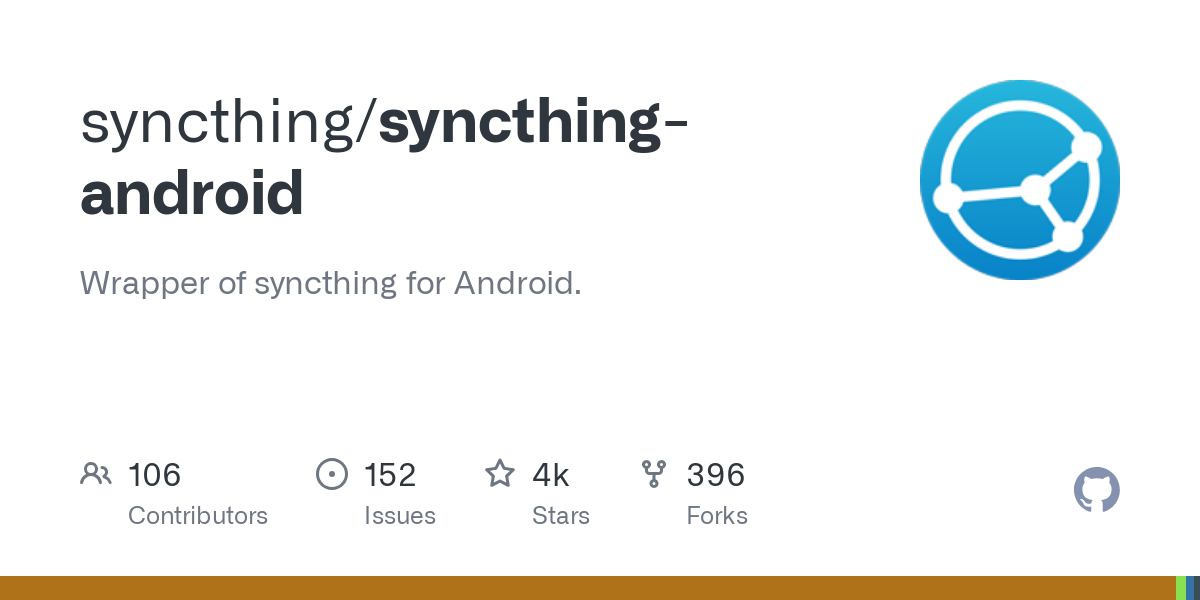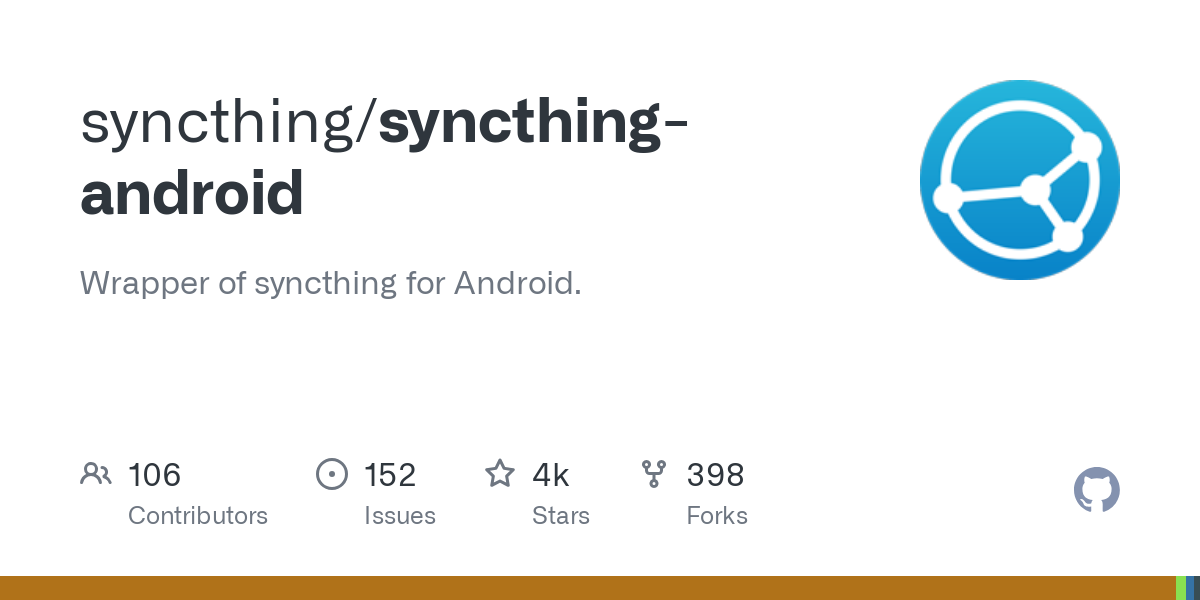The foundation is the largest shareholder, but Proton has not specified whether it controls a majority.
- 5 Posts
- 101 Comments

 7·25 days ago
7·25 days agoBut T-Mobile is still offering the service, so it is not the lifetime of that either.
A GitHub issue was opened for Syncthing-Fork, so it will be worth watching that to know whether it will continue to be supported.

 14·1 month ago
14·1 month agoKobo

 78·1 month ago
78·1 month agoBitwarden. It is open source, reliable, easy to use, and compatible with everything. The free version has nearly everything, but I have the paid version to support development because $10 per year is very reasonable.
I do regularly export my password vault to KeePassXC as my backup though.
Thank you. I am not sure how that only ended up on that link.
Syncthing: https://f-droid.org/en/packages/com.github.catfriend1.syncthingandroid/
KDE Connect: https://f-droid.org/en/packages/org.kde.kdeconnect_tp/
AntennaPod: https://f-droid.org/en/packages/de.danoeh.antennapod/
DAVx⁵: https://f-droid.org/en/packages/at.bitfire.davdroid/
Obtanium: https://f-droid.org/en/packages/dev.imranr.obtainium.fdroid/
Voyager for Lemmy: https://f-droid.org/en/packages/app.vger.voyager/
Edit: Fixed link
And laid off all but one person. Source: https://arstechnica.com/gadgets/2024/08/nova-launcher-savior-of-cruft-filled-android-phones-is-on-life-support/
Firefox and Brave Search

 10·2 months ago
10·2 months agoThey switched to USB-C last year with the iPhone 15.

 7·2 months ago
7·2 months agoWhoever had the number before you likely gave it out to any service that asked.
Since you only use it for data, I recommend contacting your provider and asking for a different number.

 9·2 months ago
9·2 months agoMiracast and Chromecast are different. Miracast is the open standard while Chromecast is Google’s proprietary casting protocol.
Roku supports both Miracast and AirPlay, but I don’t think it supports Chromecast.

 3·3 months ago
3·3 months agoGoogle has done price increases the last 2 or 3 years, so they no longer have a price advantage. Samsung also has the same 7 year support window.

 16·3 months ago
16·3 months agoProton is still a for-profit company and has shareholders who expect to to make money. The change is that the largest shareholder of the for-profit company is now a separate non-profit organization. It is still a positive move, but not entirely what the marketing makes it seem.

 5·4 months ago
5·4 months agoI can understand Nuke, but what do you have against The?
Everyone already anticipates new Google services to fail. Expecting people to spend hundreds of dollars on content that is locked to a service run by a company that is known for canceling services after a couple of years was always going to fail.
Stadia was essentially just a demo of Google’s cloud capabilities. Even if Stadia was a massive success, it would still be a drop in the bucket compared to Google’s ad revenue and have no impact on stock price.
Ironically, if Google were upfront about how it would handle the shutdown, it likely would have increased consumer confidence enough that Stadia may not have needed to be shutdown.







Proton is still a for-profit company. However, there is now the non-profit Proton Foundation that is the largest shareholder of the Proton company (not necessarily majority shareholder).
Plus, non-profits are not guaranteed to positive. See OpenAI for example.